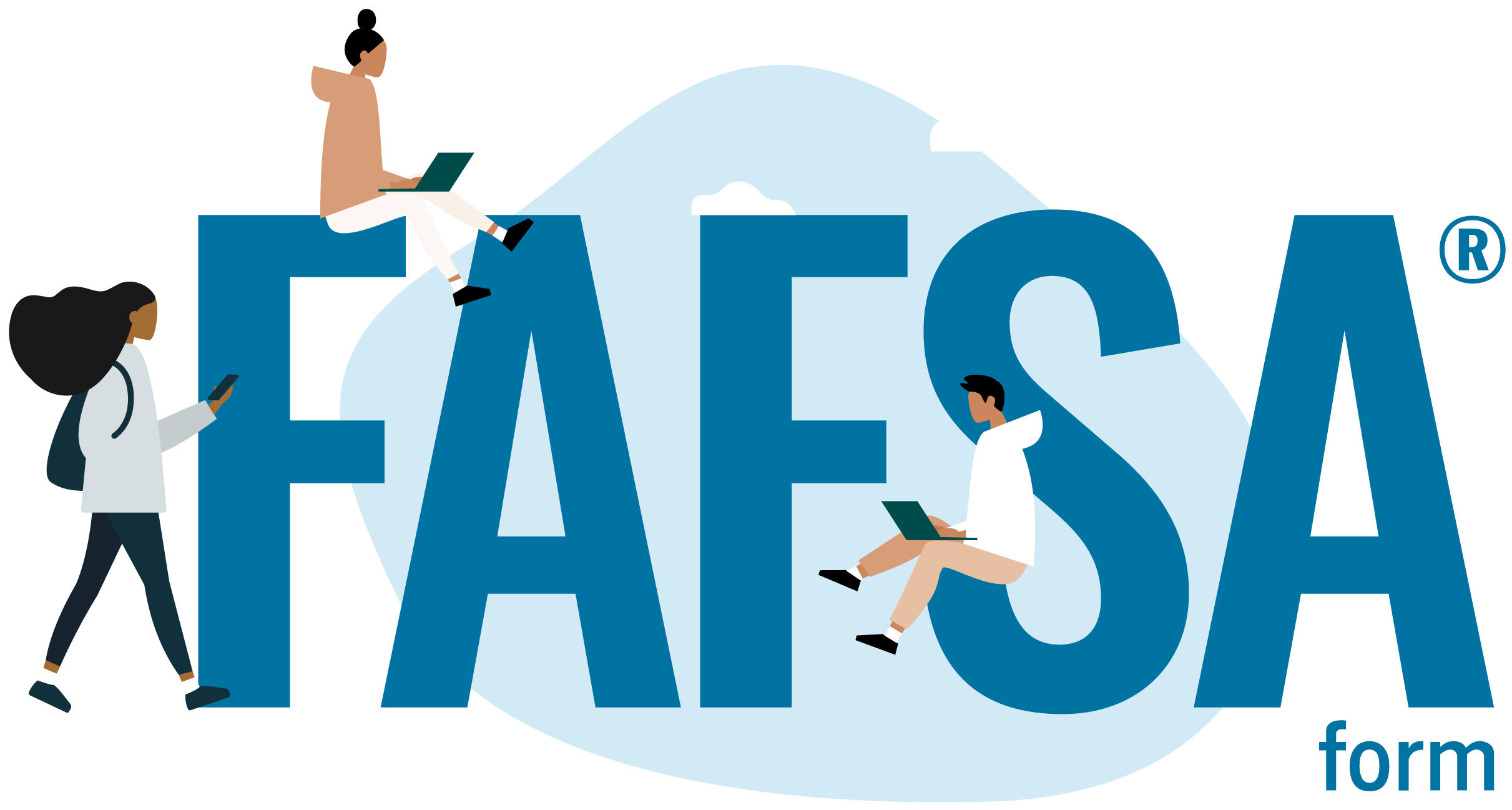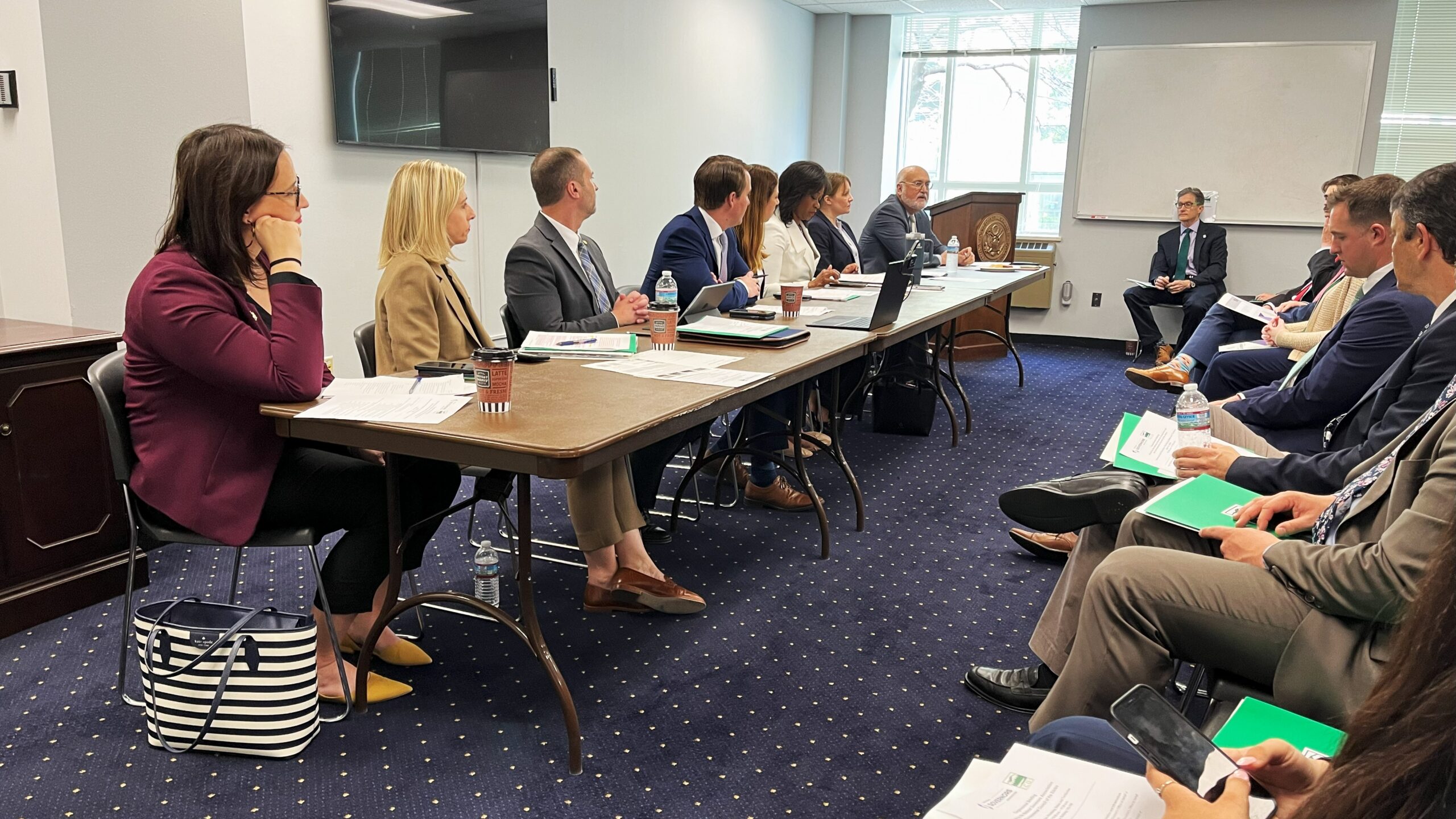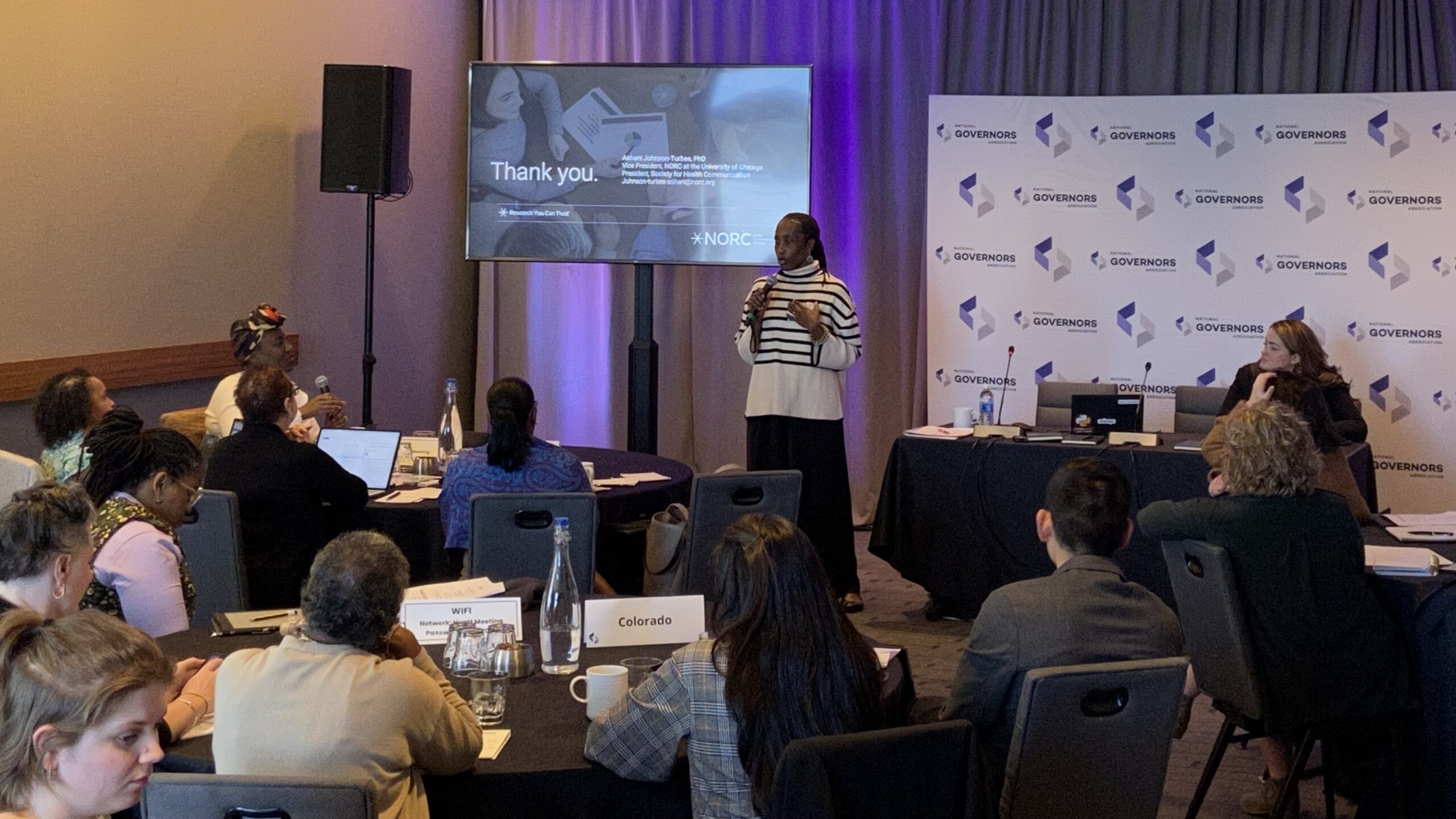Pandemics, emergencies, and other catastrophic events require governors and state and territory leaders to consider how they will continue to operate and deliver core services to the public. Spurred by the events of 9/11, COOP planning describes the Mission Essential Functions (MEFs) of a state or territory government, as well as the process for preserving and maintaining them in an emergency. In the context of COVID-19, governors should consider which government services should be sustained in the face of social distancing demands, potential reductions in staff due to illness, and supply chain interruptions. Reducing the number of services provided by a government does not indicate failure; instead, it allows governments to prioritize physical, human, and financial resources to support, sustain, and sometimes enhance MEFs and emergency operations. For instance, records management personnel may be moved from a shuttered (temporarily closed) DMV to support state hospital administration. Implementation of COOP plans allows governors and state governments to continue the purpose of their public services and mitigate the impacts of COVID-19 on residents.
All NGA COVID-19 memos can be found here, or visit COVID-19: What You Need To Know for current information on actions States/Territories are taking to address the COVID-19 pandemic; as well as advocacy, policy, and guidance documents for protecting public health and the economy.












